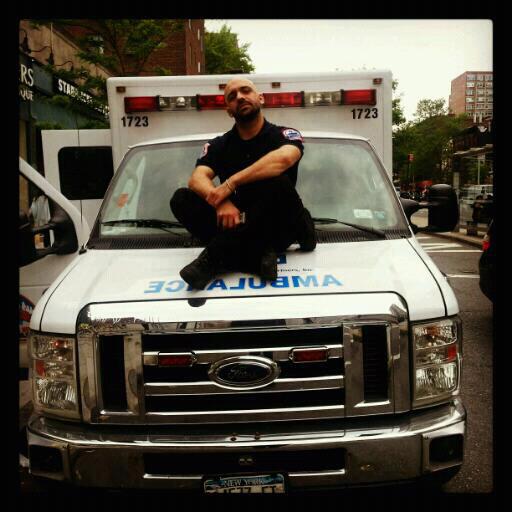JUST KIDDING; I'm a man on the internet, so _of course_ I'm going to share my opinions, whether you want to hear them or not…
Now, stuff that trips me up while writing, or: lessons I learned the hard way.
Two final pieces of advice, most important of all.
Backup your goddamned work regularly. Not on the same computer. Don't keep backups in the same physical location. If you lose it all, it's your own fault.
Thank you. Good luck! 👍


